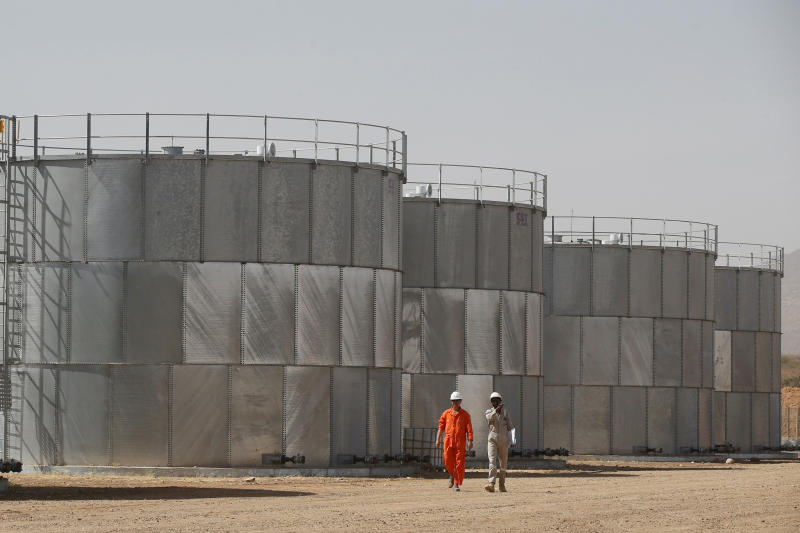×
The Standard e-Paper
Fearless, Trusted News

The joint venture partners that Kenya is relying on to delivery petrodollars are reading from different scripts, which could further slow down the project.
The project has already experienced numerous delays, the latest being a three-month pause on the project occasioned by Covid-19 before the State stepped in with major concessions.